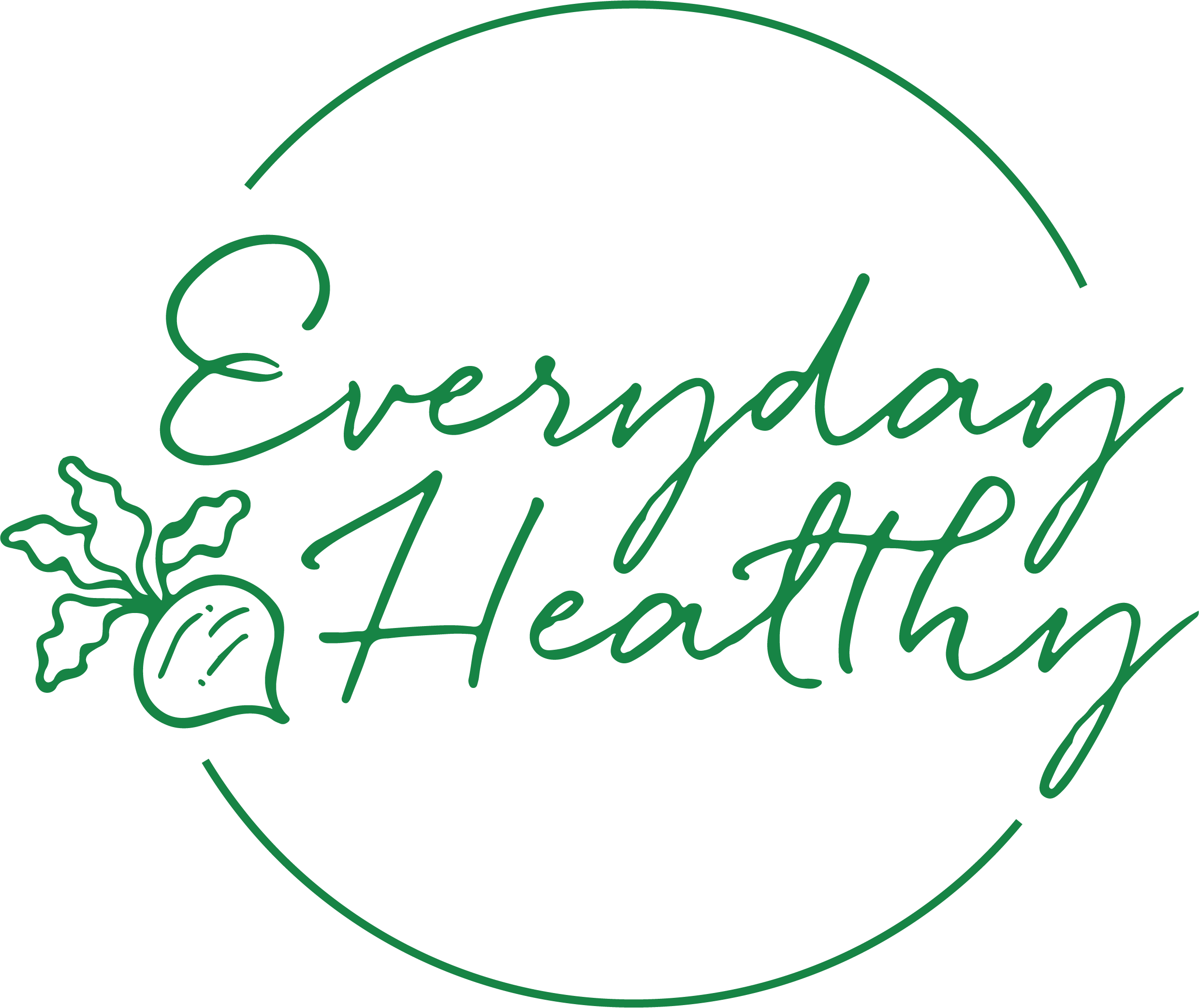FOODS TO SUPPORT YOUR MOODS
Anxiety is on the increase so I wanted to focus on how nutrition can support our mood. Food alone won't mend mental health issues but by understanding how nutrition influences brain health means you will feel empowered to make educated choices about how best to nourish both your mind and body.
Since 2020, anxiety and mental health disorders among adults have been on the rise with an average of 37.1% of women and 29.9% of men now reporting high levels of anxiety (1). Among teens, 1 in 6 experienced a mental health problem in 2020 compared to 1 in 9 in 2017 (2). What’s going wrong?
While it’s vital to consult your doctor with any serious mental health issues as well as continue taking any medication prescribed, there are many lifestyle tweaks you can include to support general mood and low level anxiety.
CAN FOOD REALLY IMPROVE OUR MOOD?
The SMILES trial in 2017 (ref 1) found that a moderated Mediterranean-style diet significantly improved mood after a 12 week trial. This diet consisted of:
An abundance of foods with high nutrient density - whole ‘real’ foods based on lean protein, healthy fats, complex carbohydrates and legumes, along with a large variety of fruits and vegetables.
Good mood food is not rocket science! Focus most of your meals around ‘real wholefoods’ - you don't need to be perfect!
Good food nourishes the body and the soul so there is definitely a place for kale as well as cake in a healthy diet.
REMEMBER YOUR PROTEIN
Our ‘feel good’ neurotransmitters are made in our bodies from amino acids - the building blocks of protein. Neurotransmitters are powerful brain chemicals that carry messages around our bodies and help regulate our mood. When it comes to anxiety and low mood, serotonin, dopamine and GABA are most relevant.
Serotonin is known as the ‘happy hormone’ and improves mood and sleep
Dopamine is our powerful ‘feel good’ hormone which keeps us motivated
GABA is calming and can help lessen anxiety and worry.
It’s vital to note that the body needs requires B vitamins, iron, zinc, magnesium and vitamin C to convert amino acids into the neurotransmitters so include a ‘rainbow’ of fruit and veggies in your meals to ensure you are getting adequate supply of all the nutrients.
Foods to include: poultry, eggs, nuts and seeds, oats, legumes and dairy produce.
NOURISH YOUR GUT - happy tummy, happy mind!
Food can affect the way we feel but it’s not so much ‘you are what you eat’ as ‘you are what you absorb’ so it’s vital to keep your digestive system healthy so we absorb all the nutrients from the food we eat.
The gut and the brain are intricately linked and are in constant communication - think of that ‘gut feeling’ or when you are nervous you talk of ‘butterflies in your tummy’. These are the feelings from your brain being translated by your gut via the vagus nerve, a bidirectional superhighway of chemical messages going back and forth. The gut bacteria are also involved in producing neurotransmitters - both serotonin and GABA are actually produced by the microbes - both of these keep you calm and happy.
Foods to support the gut:
Probiotics - beneficial bacteria found in foods so stock up on fermented foods such kefir, plain yoghurt, kimchi, sauerkraut and miso
Prebiotics - the indigestible fibres that our gut bacteria thrive on and in turn produce beneficial bi-products that support brain health (and general health) - foods such as onions, garlic, leeks, asparagus, bananas, chicory
Dietary fibre - the gut bacteria love all types of fibre so include a range of fruits and vegetables, wholegrains and legumes to keep the beneficial microbes strong.
DON’T BE SCARED OF FATS
The brain is the fattiest organ in the body - around 60% fat - and it needs constant maintenance with the right type of fats - the omega 3 fatty acids found in oily fish.
Omega 3 fatty acids are anti-inflammatory and incorporated into the cell membranes of the brain and nerves keeping everything fluid so messages can transmit quicker. A deficiency in omega 3 fatty acids has been linked to low mood and anxiety.
Foods : salmon, mackerel, anchovies, sardines and herring (remember SMASH) along with chia seeds, flaxseeds and walnuts
CREATE A BALANCED PLATE
Constantly fluctuating blood sugar levels can not only cause energy dips and peaks but cause havoc with adrenaline and cortisol levels, exacerbating feelings of anxiety.
To keep blood sugars stable eat three meals a day and ensure a balanced plate consisting of high fibre whole grains, lean proteins, good fats and lots of colourful veggies as this will ensure the slow release of sugar into your bloodstream keeping energy levels and moods stable.
Other key nutrients:
Vitamin D
Low levels of the sunshine vitamin are linked to low mood. Vitamin D can cross the blood-brain barrier and decrease inflammation in the brain helping to balance mood and anxiety. It is also associated with the production of dopamine and serotonin. As well as sunshine (in short supply in November) enjoy salmon, oily fish, mushrooms, eggs and full fat dairy.
Magnesium
Often called ‘nature’s relaxant’, magnesium eases the stress responses and so calms our minds. Deficiency has been associated with high levels of anxiety.
Tuck into dark green leafy vegetables, cashew nuts, almonds, pumpkins seeds, black beans, chickpeas, avocado and dark chocolate.
KEY FOODS TO FOCUS ON:
Oily fish (Salmon, Mackerel, Anchovies, Sardines, Herring)
A rainbow of vegetables - particularly green leafy vegetables
Eggs
Turkey & chicken
Red meat
Nuts & seeds
Avocado
Bananas
Lentils and legumes
Whole grains such as oats, quinoa and legumes
70% + dark chocolate
References:
1. Felice N Jacka et al. http://bmcmedicine.biomedcentral.com/articles/10.1186/s12916-017-0791-y 2017
